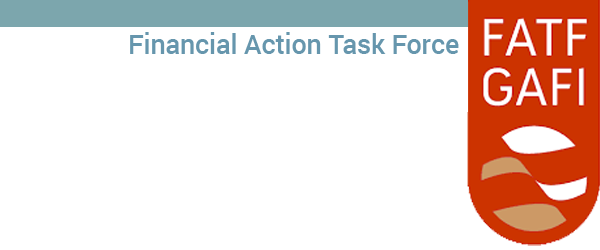
What is KYC?
KYC (Know Your Client) is a process used by financial institutions to identify their clients and verify their details. It is a key element in efforts to prevent money laundering (AML) and counter-terrorist financing (CFT). The KYC process involves collecting and verifying the client’s personal information, such as passport details, residential address, and source of income.
What is AML?
AML (Anti-Money Laundering) refers to a set of laws, regulations, and procedures designed to prevent money laundering through financial systems. AML covers a variety of activities, including transaction monitoring, mandatory suspicious activity reporting, and sanctions compliance.
KYC/AML principles
KYC and AML principles are important for ensuring the security of financial transactions and preventing financial crimes. They include:
- Thorough customer verification to identify and confirm the customer's identity.
- Continuous monitoring of accounts and transactions to detect suspicious activity.
- Applying a risk-based approach, whereby financial institutions must pay greater attention to customers whose transactions pose a higher risk of money laundering.
- Reporting suspicious transactions to the competent authorities.
How does KYC/AML compliance affect you?
Compliance with the KYC (Know Your Customer) and AML (Anti-Money Laundering) principles affects absolutely everyone who carries out financial transactions through banks or other financial institutions. This means that our daily interaction with financial organizations forms a unique "bank profile" for each client. Following simple but important rules of financial discipline ensures that the client remains in good relations with the bank, avoiding unnecessary complications. This simplifies bank control procedures and minimizes unnecessary attention from bank employees. However, a few careless actions can radically change the situation, attracting increased attention to your transactions, sources of funds and payments. It is important to remember that banking structures closely monitor the financial activity of their clients in accordance with international and local regulatory requirements. Therefore, keeping your financial profile "clean" not only facilitates smoother interactions with banking and financial institutions, but also protects you from potential problems related to financial investigations or account freezes.
What can I offer you?
If necessary, I am ready not only to explain in detail, but also to help in preparing a full list of documents that will meet the requirements of both the Russian sending bank and the foreign receiving bank. Preparation for an international bank transfer is a critical stage that should not be underestimated. Neglecting this process can lead to a long wait for OFAC/OFSI licenses or, at best, difficulties in finding and returning an unaccepted SWIFT transfer. Responsible attitude to the preparation of documentation and attention to detail will help to avoid potential delays and ensure smooth execution of cross-border payments.
Understanding and complying with KYC/AML requirements will help ensure a safer financial environment for all participants.